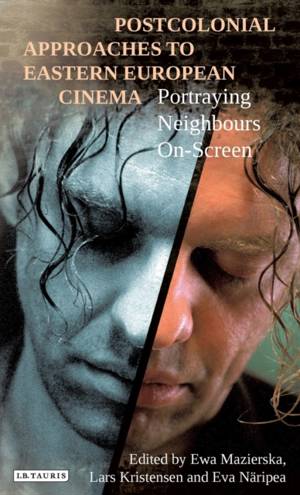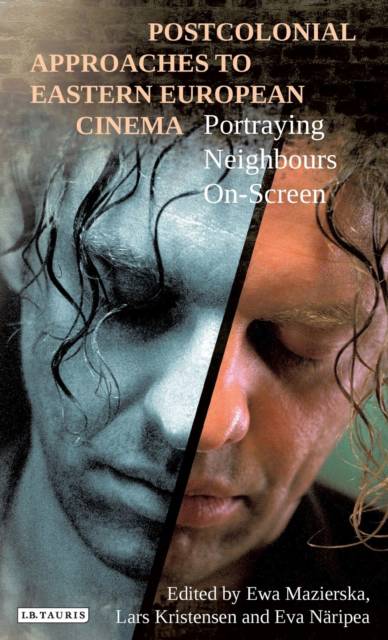
- Afhalen na 1 uur in een winkel met voorraad
- Gratis thuislevering in België vanaf € 30
- Ruim aanbod met 7 miljoen producten
- Afhalen na 1 uur in een winkel met voorraad
- Gratis thuislevering in België vanaf € 30
- Ruim aanbod met 7 miljoen producten
Postcolonial Approaches to Eastern European Cinema
Portraying Neighbours On-Screen
Ewa Mazierska, Lars Kristensen, Eva NäripeaOmschrijving
All countries and nations are deeply affected by their neighbours and every national cinema reflects this relationship. This book explores how postcolonial approaches can 'frame' the neighbours of people living in Eastern Europe. It elucidates how the region has evolved from being a communist extension of the Soviet Union to becoming integrated into neoliberal capitalism. Drawing on classical studies of post-coloniality by Edward Said, Gayatri C. Spivak and Homi K. Bhabha, as well as the works of theorists and historians like Janusz Korek and Jaak Kangilaski, who specialise in the Eastern European variant of postcolonialism, the book demonstrates particular sensitivity to the question of genre in investigating how neighbours fit into and shape melodramas and thrillers, heritage and war films. Contributors explore a wide range of films in relation to territory, from the steppes of the East to reunified Berlin and to Albania on the Adriatic Sea and from the streets of Tallinn to the hill slopes of Transylvania.
Individual chapters situate in a new context the movies of internationally celebrated filmmakers, such as Roman Polanski, Agnieszka Holland, Nikita Mikhalkov and Jan Hrebejk, as well as introducing films by locally renowned directors, such as Wladyslaw Pasikowski, Arsen Anton Ostojic' and Leida Laius.
Specificaties
Betrokkenen
- Auteur(s):
- Uitgeverij:
Inhoud
- Aantal bladzijden:
- 352
- Taal:
- Engels
- Reeks:
- Reeksnummer:
- nr. 14
Eigenschappen
- Productcode (EAN):
- 9781780763019
- Verschijningsdatum:
- 2/12/2013
- Uitvoering:
- Hardcover
- Formaat:
- Genaaid
- Afmetingen:
- 140 mm x 216 mm
- Gewicht:
- 566 g

Alleen bij Standaard Boekhandel
Beoordelingen
We publiceren alleen reviews die voldoen aan de voorwaarden voor reviews. Bekijk onze voorwaarden voor reviews.







